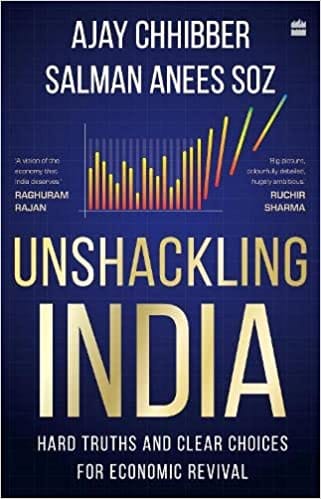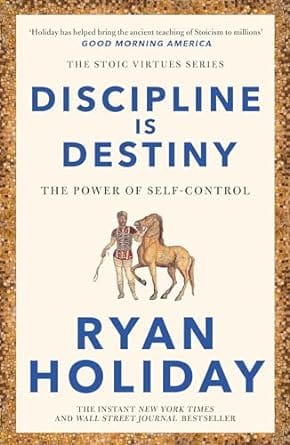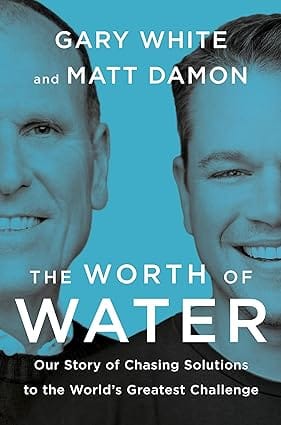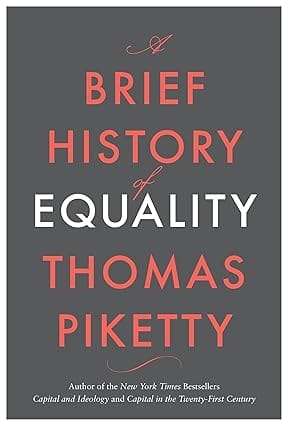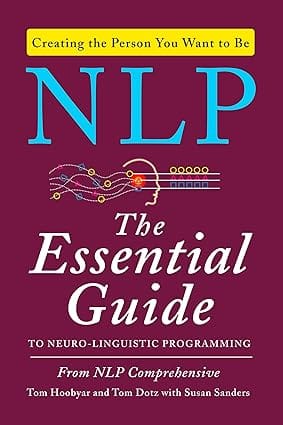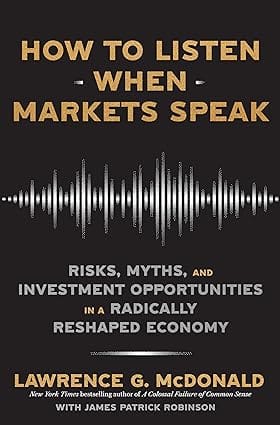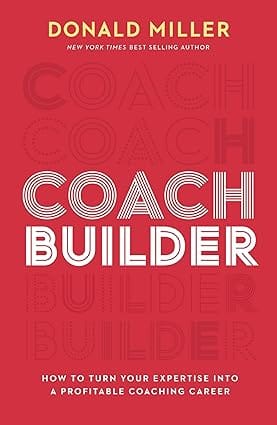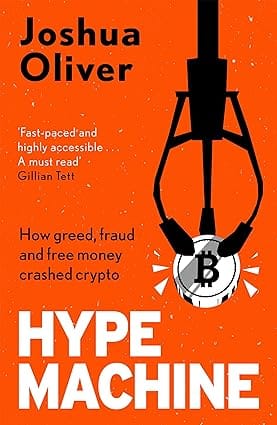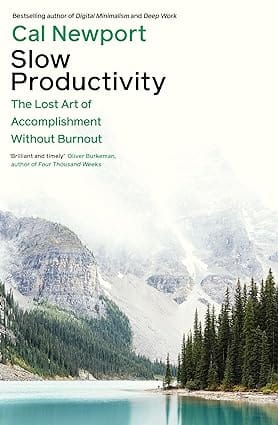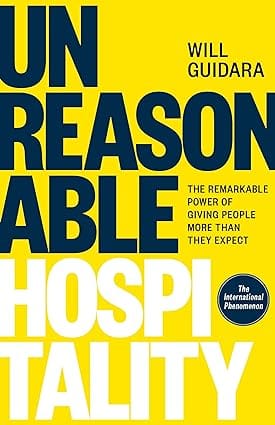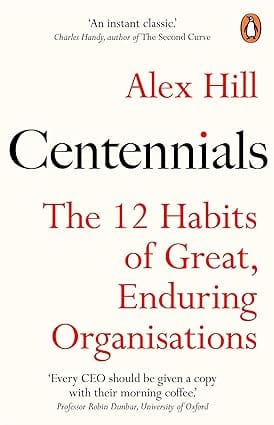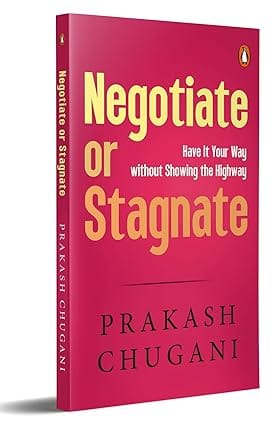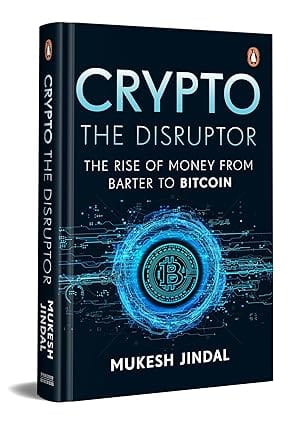- Contemporary Fiction
- Contemporary Fiction
- Children
- Children
- Comics & Graphic Novels
- Comics & Graphic Novels
- Non-Fiction
- Non-Fiction
- Fiction
- Fiction
As India enters its seventy-fifth year of independence, conventional policy is unlikely to combat the breadth of its economic challenges. Across a range of areas-human capital, technology, agriculture, finance, trade, public service delivery and more-new ideas must now be on the table. The COVID-19 pandemic has not only cost India many lives and livelihoods, it has also exposed major structural weaknesses in the economy.
A huge farm and jobs crisis, rising and massive inequalities, tepid investment growth, and chronic banking sector challenges have plagued the economy, exacerbated by the COVID-19 pandemic. It has also exposed the limitations of the Indian state, which tries to control too much-and ends up stifling the economy and the inherent energies of its young population. Climate change is no longer a distant threat, while disruptive technology has huge implications for India's demographic dividend. In addition, the dangerous lurch towards majoritarianism will cast its shadow on India's pursuit of prosperity for all.
Unshackling India examines the question: Can India use the next twenty-five years, when it will reach the hundredth year of independence, to restructure not only its economy but rejuvenate its democratic energy and unshackle its potential-to become a genuinely developed economy by 2047? The book argues that India can foster a prosperous and inclusive economy if it sets its mind to it, acknowledges the hard truths, and lays out the clear choices and new ideas India must adopt towards that end.
About the Author
Salman Anees Soz is an economic development consultant, author and commentator. He has extensive experience across a range of economic development issues in Eastern Europe and Central Asia, Middle East and North Africa, Sub-Saharan Africa and South Asia. He serves as a consultant to multiple World Bank teams and was previously a consultant at the Asian Development Bank. He is a recipient of the World Bank President's Award for Excellence. His commentaries appear in a avriety of media outlets. He also speaks on politics, economics and international affairs at universities, think tanks and conferences. He is Deputy Chairman of the All India Professionals' Congress and serves as an advisor to other institutions. He holds a master's degree in business administration from Yale University, a master's degree in economics from Northeastern University, and a BA (Hons.) in economics from St. Stephen's College, where he was the president of the Students' Union Society.
- Home
- Business And Economics
- Unshackling India Hard Truths And Clear Choices For Economic Revival
Unshackling India Hard Truths And Clear Choices For Economic Revival
SIZE GUIDE
- ISBN: 9789354893346
- Author: Ajay Chhibber Salman Anees Soz
- Publisher: Harper Collins
- Pages: 492
- Format: Hardback
Book Description
As India enters its seventy-fifth year of independence, conventional policy is unlikely to combat the breadth of its economic challenges. Across a range of areas-human capital, technology, agriculture, finance, trade, public service delivery and more-new ideas must now be on the table. The COVID-19 pandemic has not only cost India many lives and livelihoods, it has also exposed major structural weaknesses in the economy.
A huge farm and jobs crisis, rising and massive inequalities, tepid investment growth, and chronic banking sector challenges have plagued the economy, exacerbated by the COVID-19 pandemic. It has also exposed the limitations of the Indian state, which tries to control too much-and ends up stifling the economy and the inherent energies of its young population. Climate change is no longer a distant threat, while disruptive technology has huge implications for India's demographic dividend. In addition, the dangerous lurch towards majoritarianism will cast its shadow on India's pursuit of prosperity for all.
Unshackling India examines the question: Can India use the next twenty-five years, when it will reach the hundredth year of independence, to restructure not only its economy but rejuvenate its democratic energy and unshackle its potential-to become a genuinely developed economy by 2047? The book argues that India can foster a prosperous and inclusive economy if it sets its mind to it, acknowledges the hard truths, and lays out the clear choices and new ideas India must adopt towards that end.
About the Author
Salman Anees Soz is an economic development consultant, author and commentator. He has extensive experience across a range of economic development issues in Eastern Europe and Central Asia, Middle East and North Africa, Sub-Saharan Africa and South Asia. He serves as a consultant to multiple World Bank teams and was previously a consultant at the Asian Development Bank. He is a recipient of the World Bank President's Award for Excellence. His commentaries appear in a avriety of media outlets. He also speaks on politics, economics and international affairs at universities, think tanks and conferences. He is Deputy Chairman of the All India Professionals' Congress and serves as an advisor to other institutions. He holds a master's degree in business administration from Yale University, a master's degree in economics from Northeastern University, and a BA (Hons.) in economics from St. Stephen's College, where he was the president of the Students' Union Society.
User reviews
NEWSLETTER
Subscribe to get Email Updates!
Thanks for subscribing.
Your response has been recorded.

India's Iconic & Independent Book Store offering a vast selection of books across a variety of genres Since 1978.
"We Believe In The Power of Books" Our mission is to make books accessible to everyone, and to cultivate a culture of reading and learning. We strive to provide a wide range of books, from classic literature, sci-fi and fantasy, to graphic novels, biographies and self-help books, so that everyone can find something to read.
Whether you’re looking for your next great read, a gift for someone special, or just browsing, Midland is here to make your book-buying experience easy and enjoyable.
We are shipping pan India and across the world.
For Bulk Order / Corporate Gifting
 +91 9818282497 |
+91 9818282497 |  [email protected]
[email protected]
Click To Know More
INFORMATION
ACCOUNT
TRACK SHIPMENT
ADDRESS
Shop No.20, Aurobindo Palace Market, Near Church, New Delhi

